The range includes fruit that are probably known to those in the food industry - if not by consumers - such as baobab, tamarind and bissap. But many food manufacturers may not be so familiar with fruit such as ditakh, the cashew apple, madd or soursop.
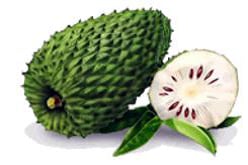
Karine Maffre, flavourist at Aromatech who worked on the range, told FoodNavigator these new flavours had been specifically developed to cater to the African market, with West
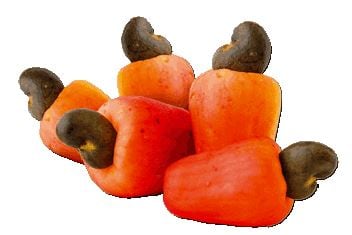
African countries such as Senegal in mind, but would also hold appeal with European consumers looking for exotic tastes.
The Ditakh is an exotic fruit mainly consumed in beverage or in ice-cream. Naturally rich in vitamin C, it has an earthy taste similar to kiwi and green beans.
The cashew apple is a tropical fruit better known in Europe for the nut it produces. But with a taste akin to mango, cucumber and citrus, the fleshy pear-shaped fruit is also popular in Africa as an ingredient in jams and juices. It is usually between five and ten centimetres long and is either green and yellow or red depending n the season.
Meanwhile the madd is a tropical fruit that, when eaten in summer, is sprinkled with salt and sugar, but is also a popular ingredient in juices, jams and ice creams. Aromatech describes its taste as a mix
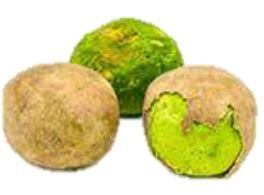
between tomato, orange and carrot with – perhaps not for the faint-hearted - "sulfury" notes.
The soursop has white flesh with black sides that is covered by a green and thorny skin, and its taste is described as floral and strawberry-like.
Aromatech has a strong presence in Africa, with two subsidiaries in Tunisia and Algeria created in 1992 and 2002, and a partnership with London-based MEKZ company that covers
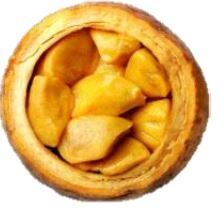
West Africa. The flavour firm said it made use of these agents to identify which flavours were trending on the continent.
Created in Aromatech’s laboratories in France, the flavours come in liquid, powder, emulsion and spray-dried forms and are suitable for applications in beverages or dairy.
Sweet, strong and colourful
Pure applications, such as soursop flavoured juice, would be suitable for African consumers while a mix with a more classic fruit flavour, such as orange and baobab, would be more suitable for Western markets.
Unlike in Europe where manufacturers have been reformulating artificial colours, flavours and sweeteners from their portfolios, the clean label concerns are less of an issue in Africa.
Apart from using local, well-known fruit, what other considerations should be taken into account when trying to formulate products for the African palate?
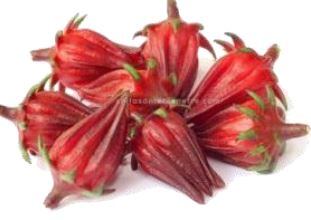
“The taste also has to be strong. In Europe we like mild tastes like water with a hint of flavour but in Africa they like strong, powerful flavours. Food and beverages also have to be very sweet. Artificial sweeteners, such as aspartame, ascelfume or sucralose, are commonly used as they are less expensive than sugar, most of the time mixed with sugar. Beverages are also very colourful and artificial colours are not a problem for the African market,” she said.
As for regional differences, Maffre said while there may be some variations in consumer tastes and preferences in the Maghreb region - Morocco, Tunisia, Algeria and Libya - and the rest of Africa, these trends work across the continent.
For the minute most of the new flavours in Aromatch’s African range are artificial but Maffre said they can work with customers to develop the same flavours that can be labelled as natural in Europe.
The flavours will be sold to Aromatech's customers worldwide.
